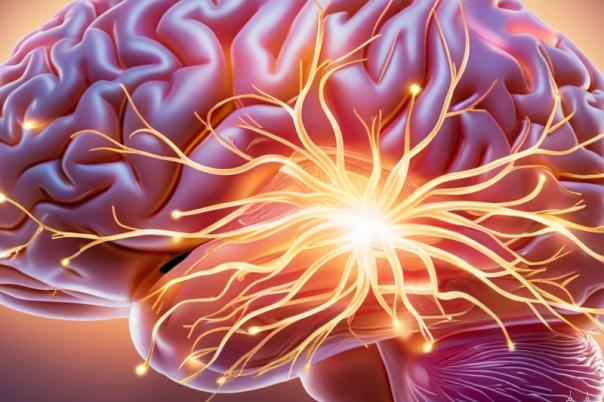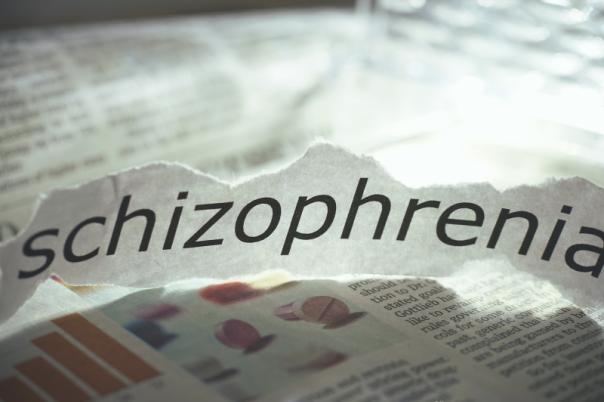Gain Therapeutics has recently shared early safety and tolerability findings alongside observations from key exploratory endpoints from Phase Ib clinical study of GT-02287 in patients with Parkinson’s disease with or without a GBA1 mutation.
Key Takeaways
· GT-02287 showed signs of slowing Parkinson’s progression with modest motor and daily-living improvements after 90 days.
· Early trials showed no serious adverse events; minor liver enzyme changes resolved naturally.
· Potential to Slow Disease: UPDRS score improvements after 90 days suggest disease-modifying effects.
Mechanism of Action
GT-02287 is an allosteric enzyme modulator that restores the function of the lysosomal enzyme glucocerebrosidase (GCase). Mutations in the GBA1 gene can cause GCase to misfold and lose function. GBA1 mutations are the most common genetic abnormality associated with Parkinson's disease and other age-related stress factors.
Preclinical Outcomes
In preclinical models of PD, GT-02287 restored GCase enzymatic function, reduced ER stress, lysosomal and mitochondrial pathology, aggregated α-synuclein, neuroinflammation and neuronal death. Another notable feature was the restoration of plasma neurofilament light chain (NfL) levels, a biomarker of neurodegeneration.
Clinical Study Design and Safety
GT-02287 was well tolerated, with no treatment-emergent serious adverse events observed. The study comprised 21 participants: two treatment-naïve, two on deep brain stimulation, and 18 on levodopa and/or dopamine agonists or other PD drugs. Some participants experienced transient increases in liver enzymes and alkaline phosphatase, but these normalised without halting treatment.
Efficacy Signalling
In terms of efficacy signals, mean MDS-UPDRS scores at baseline were 5.8, 7.4, and 24.7 for Parts I, II, and III, respectively. Several participants experienced an improvement in their UPDRS Part II and III scores after 90 days of dosing with GT-02287, while mean Part I scores remained unchanged.
The mean improvement in Parts II and III by Day 90, which was not observed by Day 30, suggests that GT-02287 has a disease-slowing effect. This observation is consistent with the preclinical models in vivo and the proposed mechanism of action of GT-02287, supporting continued development.
Gene Mack, President and Chief Executive Officer of Gain Therapeutics, commented: “The stability and trending improvements we have observed in MDS-UPDRS scores were not something we were expecting to see with 90 days of dosing.”
Conclusion
Although these data remain preliminary and from a small cohort, they support further clinical development of GT-02287 as a potential disease-modifying therapy for Parkinson’s disease.
References






